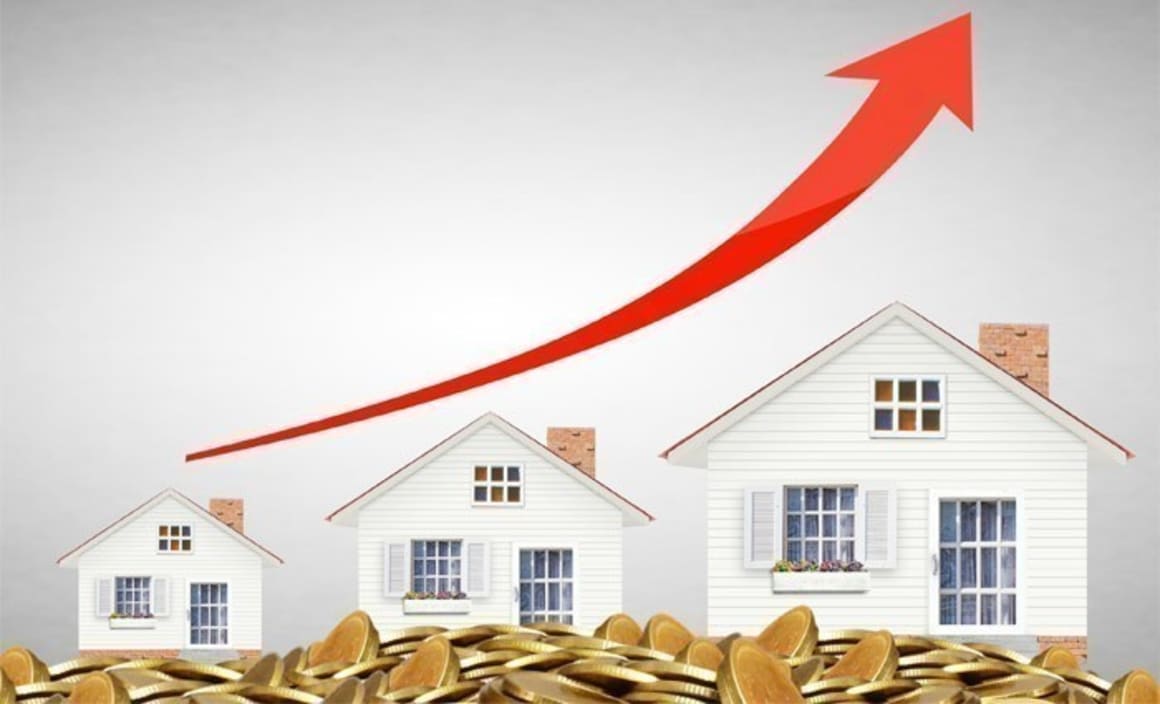March sees last gasp property price rise, but growth tails off: CoreLogic

National house values grew a further 0.7 per cent over March, however growth tailed off toward the end of the month due to the economic impact of COVID-19, CoreLogic found.
It was the lowest monthly gain since the market began to bounce back in July last year.
The housing market began to soften however towards the end of the month, with social distancing and a move to online auctions taking its toll on consumer confidence.
In a shock turnaround, CoreLogic's monthly Hedonic Home Value Index found Darwin to be the best performer over the month, with dwelling values jumping two per cent, although they remain -5.6 per cent down annually.
Only Hobart (-0.2 per cent) saw dwelling values decline over March.
Sydney confirmed its status as the nation's best performing real estate market with a +1.1 per cent rise in dwelling values, pulling away from Melbourne who saw a more modest +0.4 per cent.

CoreLogic's March 2020 dwelling index. Source: CoreLogic
The harbour capital has seen its dwelling values rise +3.9 per cent over the quarter and +13 per cent annually, followed by Melbourne's +2.9 per cent quarterly rise and +12 per cent annual growth.
Sydney's March value rise was spread evenly across houses and units, whereas Melbourne's houses (+0.7 per cent) outperformed units (+0.1 per cent).
CoreLogic head of research Tim Lawless said, “Although Australia’s housing markets have begun to enter a period of disruption, they are coming from strong foundations.”

CoreLogic's March 2020 value index. Source: CoreLogic
He said that recent trends in the market have become less relevant as we move into a period of unprecedented uncertainty which is likely to impact further on household confidence and drag Australia’s economy into a recession for the first time in almost 30 years.
“The housing market won’t be immune to a drop in sentiment and weaker economy, however the extent of the impact on dwelling values remains highly uncertain", Lawless suggested.
"Capital growth trends will be contingent on how long it takes to contain the virus, and whether additional constraints on business or personal activity are introduced.”
Lawless says he is expecting the number of sales to fall dramatically over the coming months due to a decline in consumer confidence, a rising jobless rate and more cautious lending practices.

Sydney regions dominate the best annual performers. Source: CoreLogic
"Restrictions on open homes and on-site auctions will compound the slowdown in buyer activity, as would any future policy announcements related to peripheral services such as building and pest inspections, conveyancing and furniture removals", Lawless said.
“Considering the temporary nature of this crisis, along with unprecedented levels of government stimulus, leniency from lenders for distressed borrowers and record low interest rates, housing values are likely to more be insulated than sales activity.
“The extent of any fall in housing values is impossible to fathom without first understanding the length of time this health and economic crisis persists. Arguably, the longer it takes to contain the virus and bring economic operations back to normal, the higher the downside risk to housing values.”